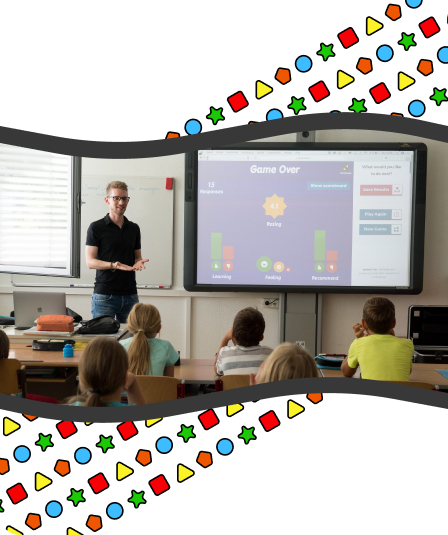Mad Evaluation Sessions with Schoolchildren (MESS) Days provide a way for the ChiCI group to easily access to children and gives pace for exploratory work with children, in terms of research. MESS days are events that are characterized in the following ways:
A method of including children within research projects to gain authentic, reliable results that support project outcomes.
Children will participate in a variety of fun activities that can be used to gain insight into how they interact within the following:
– Games
– Design
– Technology
– Experiments
Each session usually takes place for either a half-a-day or for one lesson. Specifically, they last for around 90 minutes to two hours, depending on the project.
Sessions either take place at the chosen school, or the class(es) will travel to the University of Central Lancashire where rooms will be organised by the researchers conducting the session.
They are aimed at including children between the ages of three and sixteen. Each session would focus on a class of a particular age group, like (8-9) or (12-13) year olds, rather than a class with varied age ranges.
They are aimed at including children between the ages of three and sixteen. Each session would focus on a class of a particular age group, like (8-9) or (12-13) year olds, rather than a class with varied age ranges.

If the session is held at the University, the ChiCI group will rearrange the lab room layout so that it feels familiar to the children that visit. We want children to feel as comfortable as possible.
If the ChiCI group are travelling to a school, ideally two rooms would be made available so that louder activities do not distract from the quieter activities. However, if only one room is only available, we can make it work.
Although the session would be led by the Researchers, Teachers can also be present to help assist students with any concerns. Again, having familiar faces around will make the children more comfortable.
We encourage participating students, teachers and parents to view our project results. It can take anywhere between a few weeks to a few months for the results of our projects to be published. Eventually, the project information will be published on the website under the “Projects” link.
In an average session containing a class of 30 children, we would typically have between 6 – 8 researchers take part.

If you are interested in getting your class or school involved in a MESS Day, please get in touch. We might have a project appropriate for you!